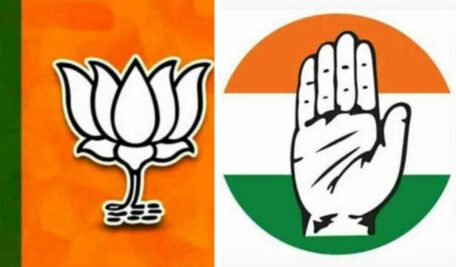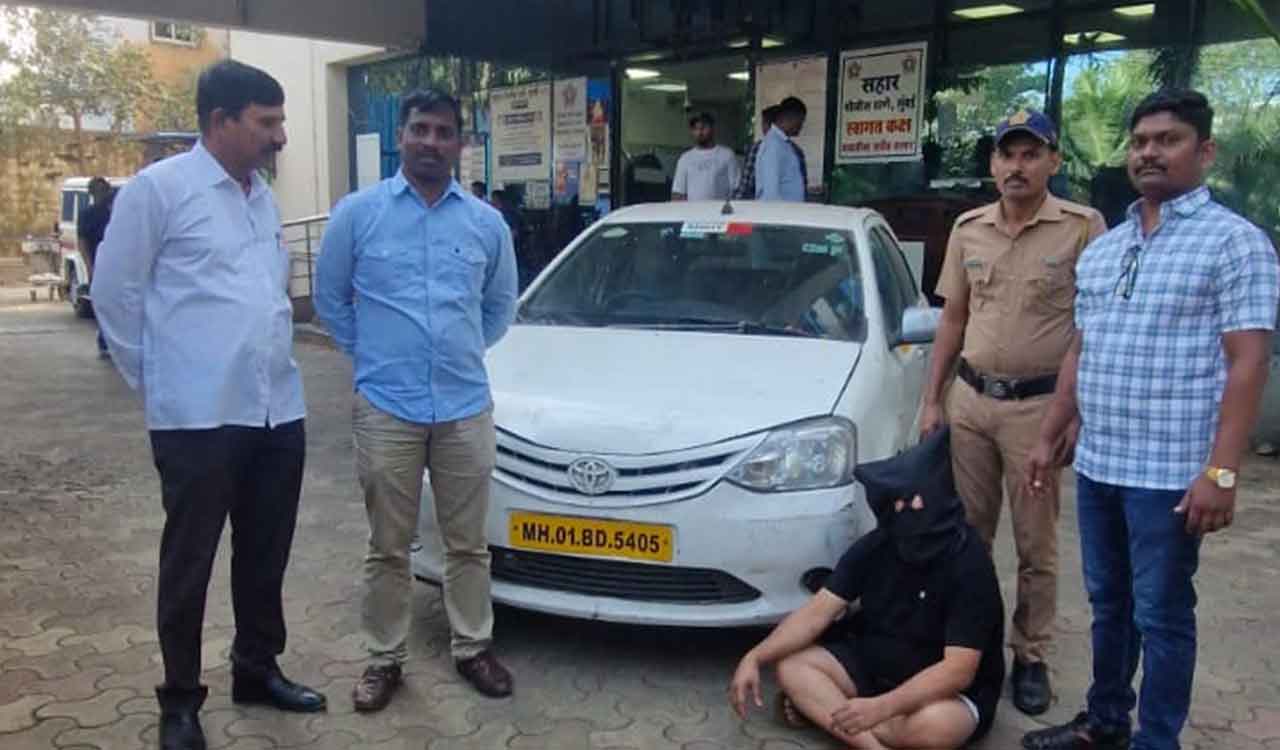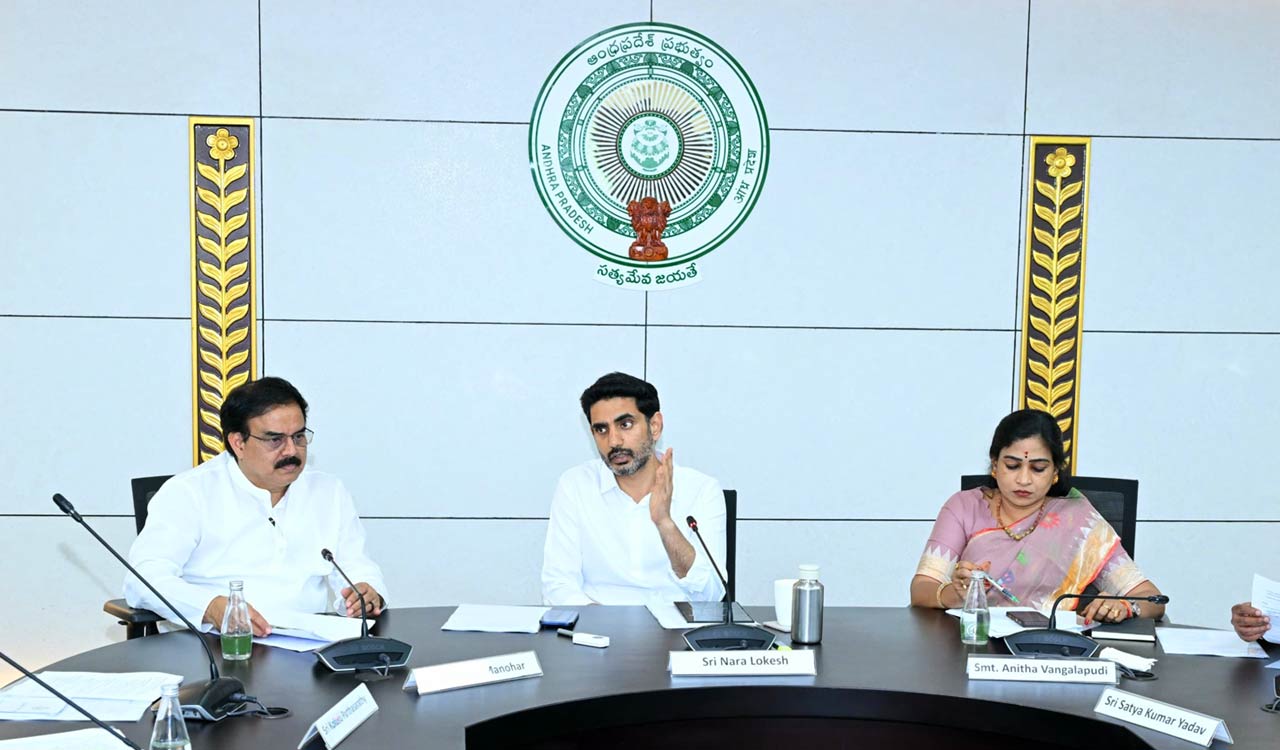Opinion: Unsubscribe to Stress!
By consciously choosing what we consume and share, we can influence social media platforms to prioritise content that fosters growth
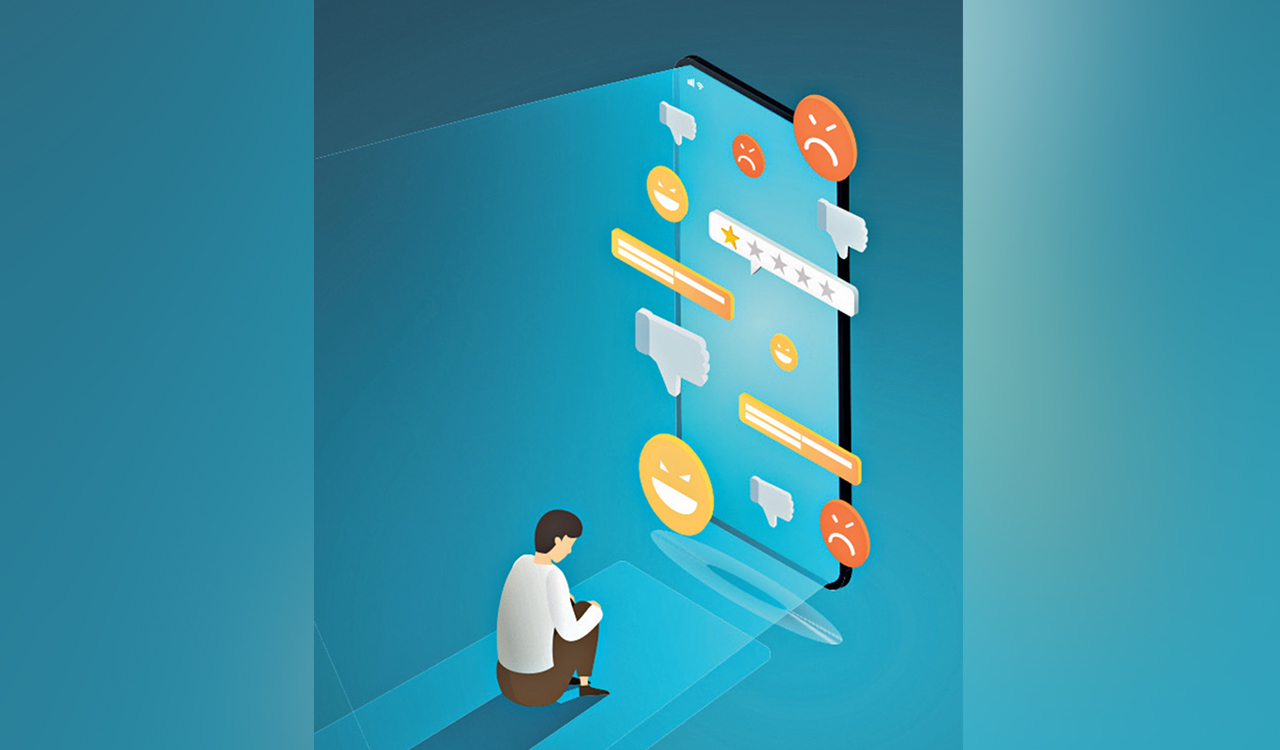
By Tia Arora, Shlok Punjabi, Dr Moulika Mandal
We have reached an age wherein people are just as ready to tie the knot with their smartphones as they would be with another person. Keeping the dreadful reality of objectophillia aside, there is no denying that we are heavily dependent on the internet and social media. As a generation that grew up with a strong influence of the World Wide Web, the boundaries between a virtual and physical world are ever so blurry. The pandemic-induced lockdown further aided this ambiguity when our devices served as forms of human communication for two years.
Consequentially, the question of whether social media can compensate for genuine connection has burdened the minds of many. There is no denying that social media has helped many individuals find others similar to them in numbers that would have been impossible before the advent of online communication. Communities have formed and connected from all over the world. Social media offers many benefits; however, the question prevails — do the pros outweigh the cons? What is it really doing to our mental health?
Negative Effects
A survey was conducted to understand the subjective experiences of social media users concerning their mental health. It was reported that nearly 70% of respondents feel like their mental health has been affected by their time on social media. Approximately 40% stated that they spent more than three hours a day online. Despite social media having various social benefits, the sheer amount of time spent on these platforms can damage one’s mental well-being. (Awan, 2023). The results suggest that there is no clear public opinion on whether social media can be used to manage one’s mental health positively; however, there is a clear indication that the negative effects are prevalent. To quote one respondent, “We can’t remember the good for long & we can never forget the bad. So it (social media) does affect us mentally & seeps into emotional duress.”
Our actions can compel companies to reshape their digital spaces into more peaceful and accepting communities that encourage understanding, empathy
What exactly about social media leads to this distress? One common association is the perception of perfection it promotes. Individuals become fixated on their public image. Social media provides tools to meticulously craft our identities to match our ideals, intensifying the natural inclination to compare ourselves to others. Failing to meet the standards set by others’ fabricated realities can lead us to view their lives as more desirable than our own (Bailey et al, 2017).
Threat to Mental Health
Furthermore, increased levels of hateful content and cyberbullying pose a significant threat to mental health on social media. The global number of social media users has surged to an astonishing 4.9 billion (Wong, 2023). This level of mass consumption turns us into indistinguishable voices among billions. According to the theory of deindividuation, such anonymity can lead individuals to behave in ways that diverge from their true morality (Douglas, 2019). This phenomenon manifests online through increased levels of hateful content and cyberbullying.
More than 50% of the participants of the survey reported they have come across hateful content on social media on multiple occasions. In a way, social media has become the megaphone amplifying the hate that already exists. The distinction between what is considered ‘dark humour’ and what is downright harassment is not as easily ascertained as it should be, owing to the virtual environment.
Doomscrolling, fueled by social media algorithms designed to prioritise content that engages us the most, leads us into a cycle where we unknowingly spend hours online reinforcing our own beliefs without achieving much else. Individuals find this addictive and it has a detrimental effect on mental health, aggravating depression and anxiety. A significant contributor to this addiction is social media platforms shifting their focus from connecting people to maximising profit. A spokesperson for the 5Rights Foundation, speaking with Damien Gayle of the Guardian (2021), emphasised this concern: “In their pursuit of profit, these companies are stealing children’s time, self-esteem, and mental health, and tragically, sometimes their lives.”
The Verdict
Uninhibited consumption of social media can be an active addiction. Similar to other addictions, the first step to breaking the cycle is recognising the problem, especially when its effects are evident in our personal lives. To raise awareness about this issue, widespread media literacy campaigns could be implemented. Moving in the right direction starts with individual action, but given that more than half of the world’s population uses these platforms, governments and the companies responsible for them must also play a regulatory role. Potential measures they could take include labelling controversial content, implementing time management tools, establishing healthier notification practices and involving mental health professionals in designing user interfaces.
The undeniable truth is that social media has become an integral part of our lives, influencing how we perceive and interact with the world around us. As individuals, we navigate through both the positive and negative aspects it presents. However, the power to shape the impact of social media lies in our hands collectively. On an individual level, we can contribute to a healthier online environment by engaging with content that promotes mental well-being and positivity and refraining from sharing misinformation. By consciously choosing what we consume and share, we can influence social media platforms to prioritise content that fosters growth and personal development, rather than perpetuating negativity and division.
Ultimately, our actions can compel companies to reshape their digital spaces into more peaceful and accepting communities. This transformation can turn social media from a breeding ground for hate into a platform that encourages understanding, empathy and constructive dialogue. By actively participating in this shift, each of us plays a crucial role in shaping the future of social media and its impact on society.
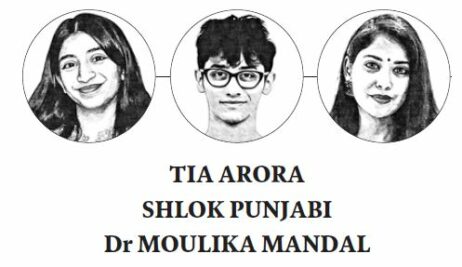
(Tia Arora and Shlok Punjabi are final-year Psychology major students, and Dr Moulika Mandal is Assistant Professor of Psychology at FLAME University, Pune)
Related News
-
Delhi courts Dhaka after BNP sweep, keeps close watch on ISI moves
7 mins ago -
Manjeera Pipeline Burst: Water restored in Manikonda within 24 Hours
9 mins ago -
Dark-web syndicates wage low-cost war on Indian judiciary
22 mins ago -
Andhra horror: Suspect in minor girl’s rape, murder found dead
1 hour ago -
Bandh observed in Kyathanpalli; heavy police deployment at Balka Suman’s residence
1 hour ago -
Four children suffer burns after drum filled with chemicals explode in Bengal’s Canning
1 hour ago -
PM Modi set to visit TN twice in March as NDA gears up for Assembly polls
1 hour ago -
Hyderabad: Christians observe Ash Wednesday with solemn masses
1 hour ago


